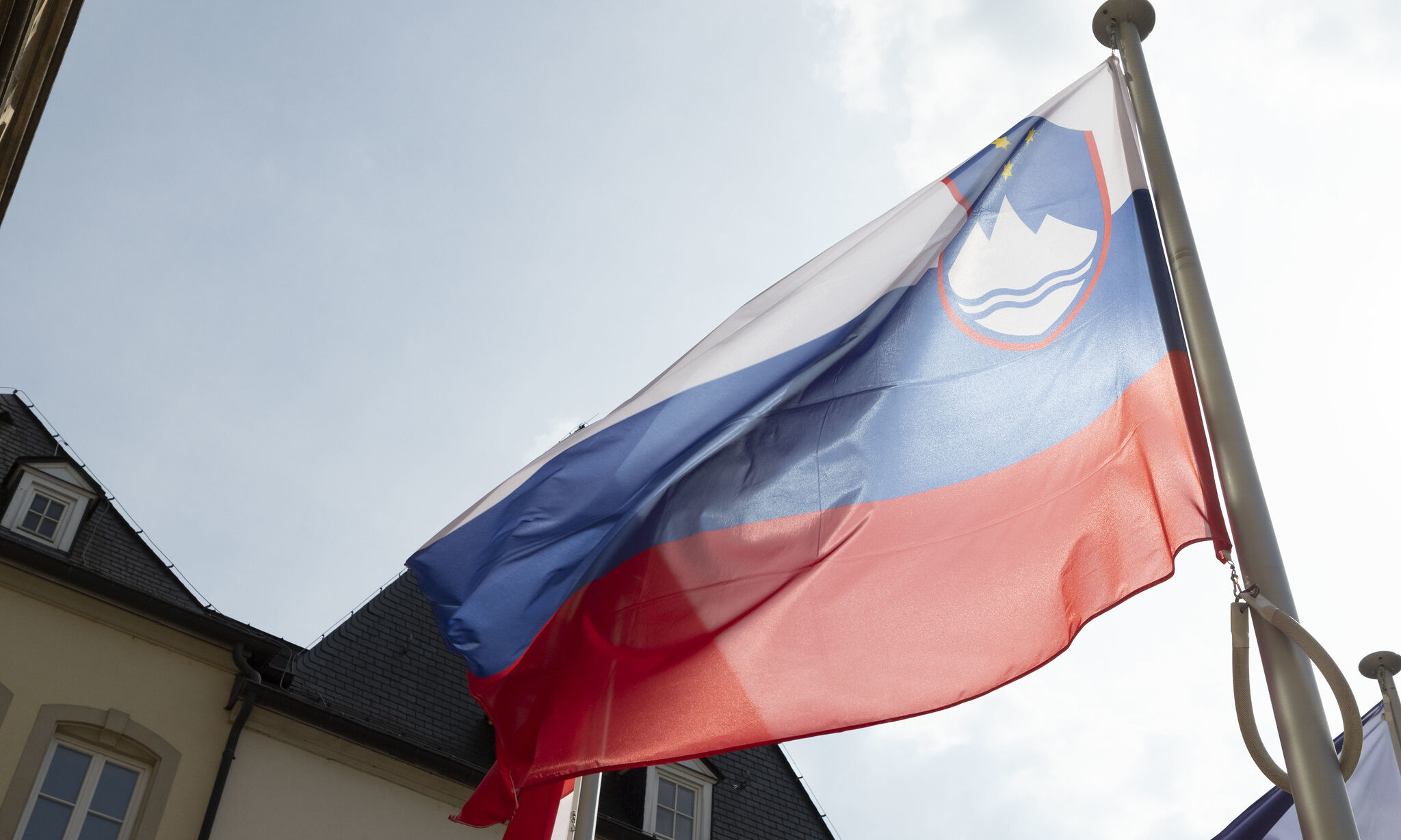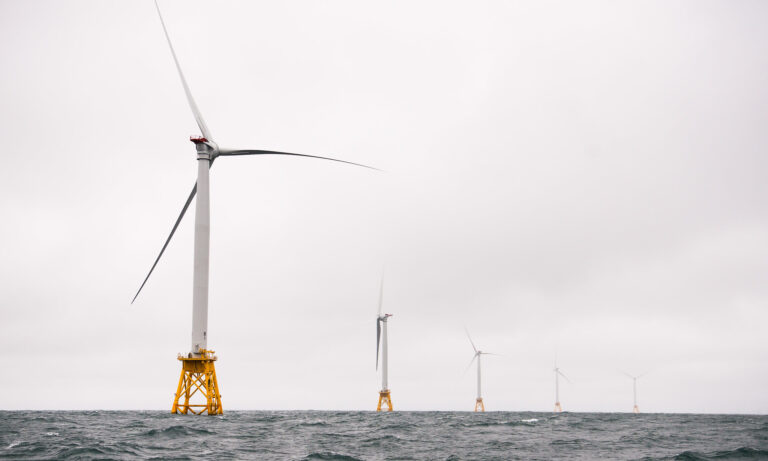
In April 2024, Slovenia’s Deputy Prime Minister and Minister of Foreign and European Affairs, Tanja Fajon, visited China, accompanied by Slovenia’s largest business delegation to date, consisting of 54 companies and 71 representatives. The visit aimed to build on the traditionally friendly ties between Beijing and Ljubljana, focusing on strengthening economic, political, scientific, and cultural cooperation. While the visit generated positive momentum, Slovenia remains mindful of potential risks.
As global geopolitical realities change, Central and Eastern Europe has seen diverging strategies towards China. While some countries in the CEE region, such as Hungary and Serbia, have developed closer ties with Beijing, others, like the Czech Republic and Lithuania, have shifted towards Taiwan, challenging Beijing’s ‘One China principle.’
Slovenia, which has been paving an independent path with Beijing, has largely been overlooked by international experts. Under its former Prime Minister Janez Janša, who has often spoken up against China, Slovenia temporarily jumped on the wave of strengthening ties with Taiwan. However, since coming to power in June 2022, Slovenia’s current government under Prime Minister Robert Golob has sought to reassert its traditional stance and push forward a less confrontational approach to China.
While all eyes were on Xi Jinping’s 2024 trip to Serbia, Hungary, and France, Slovenia quietly broadened its share of interactions with China. Not only did it carry out an official state visit to Beijing, it also welcomed a high level delegation from China led by the Vice Chairperson of the Chinese People’s Political Consultative Conference, Wang Yong. These delegations represent a return to the pre-Janša status quo and have emphasized the importance of mutual economic cooperation between China and Slovenia.
China’s Inroads into Slovenia
Despite substantial growth in economic exchanges between Slovenia and China, a significant trade deficit remains. In 2023, Slovenia exported €259 million worth of goods to China but imported €7.4 billion. Moreover, unlike Serbia and Montenegro, where China has been relatively active, Slovenia has yet to see its first Belt and Road project materialize.
One of the success stories for China in Slovenia has been the purchase of Slovenia’s flagship company Gorenje in 2018 by the Chinese state-owned company Hisense. This has been the largest Chinese acquisition in Slovenia to date. Additionally, Huawei continues to operate in Slovenia despite global trends. In 2020, former Prime Minister Janša attempted to bar Huawei, but the motion was not passed due to opposition from Beijing, Slovenia’s business community, and some politicians.
Consequently, Huawei’s operations in Slovenia are likely to continue in the future, with the Chinese Ambassador, Wang Shunqing, stating in an interview in 2023 that one of the primary interests of Chinese companies in Slovenia is to develop the 5G network. This was further demonstrated by Fajon’s visit to China in 2024, during which the business delegation also paid a visit to Huawei Shenzhen Campus.
Economic and cultural cooperation have been the core pillar of the two state visits that took place in 2024. In China, Fajon opened the Slovenia-China Business Forum in Shanghai, which was attended by more than 100 companies. The Slovenian delegation consisted of companies in the fields of logistics, IT, automotive industry, e-commerce, tourism, pharmaceuticals, winemaking, agriculture, and the energy sector. Three of the Slovenian companies present, Pošta Slovenija, Dormeo Home and Mikropis, signed business agreements during the visit. Moreover, to showcase Slovenia’s cultural diplomacy, Minister Fajon also opened an exhibition called “A Slovenian in the Forbidden City,” which tells the story of long-lasting Slovenia-China relations dating back to the 18th century.
Cautious Optimism
Despite the mutual attraction, however, Slovenia’s approach to its cooperation with Beijing prior and post Janša’s tenure could be described as cautiously optimistic, working to maximize Slovenian gains while avoiding giving China excessive leverage.
The prime example of Slovenia’s cautious approach to Beijing is the fact that China’s attempts to invest and gain ownership of Slovenia’s strategic infrastructure have been unsuccessful. Although officially part of the BRI after signing a Memorandum of Understanding with Chinese port of Ningbo, the Port of Koper has not seen any major Chinese investments. China has also failed to secure any of the major tenders related to the port, as a result of Slovenia having secured EU funding opportunities that acted as alternatives to Chinese investment. For China, the port, which not only hosts the largest container terminal in the Adriatic Sea, but also provides a connection to the Chinese-controlled port Piraeus in Greece and is the closest entrance for Chinese products to Central and Eastern Europe, plays an important role in its strategic calculations. Furthermore, despite intense lobbying efforts from within Slovenia’s political circles, Beijing’s attempts to invest in Slovenian airports have also been curtailed, showing signs of the Slovenian government prioritising political and security considerations over economic gains.
Moreover, though making an effort to return to the traditionally friendly ties after they experienced a rocky two years under Janša, Golob’s government has also made sure to reiterate Slovenia’s own national interests during meetings with Chinese officials. These interests included the need for reducing the current trade deficit as well as Slovenia’s concerns regarding Beijing’s efforts to find alternative ports in Northern Europe.
From Janša to Golob
Under PM Robert Golob, Slovenia has sought to revive ties with Beijing after the challenging period under former Prime Minister Janez Janša, who was a controversial figure both domestically and internationally (for instance, Janša was a strong supporter of Donald Trump). Janša’s pro-Taiwan stance led to strong rebukes from Slovenia’s business community and opposition parties. Since the appointment of Golob’s government, Slovenia has reaffirmed its commitment to the One China policy while stating that it has been monitoring the Taiwan Strait situation closely.
Golob’s government has also returned to Slovenia’s prior stance on its ties with Beijing with regard to the human rights issues. Unlike Janša, who adopted a hawkish stance on China and did not refrain from criticizing Beijing’s human rights violations, Golob’s government has focused on economic pragmatism. While the European Union has doubled down on its criticisms regarding China’s human rights violations, Slovenia’s Foreign Minister Fajon emphasized that the two countries must find constructive avenues for cooperation despite their “differing interpretations of human rights.”
Slovenia’s Pragmatic Approach
Several factors drive Slovenia’s pragmatic China policy. The government believes that China represents an opportunity to boost Slovenia’s economy. Thus, sending and receiving business delegations is understood as essential for drawing attention to Slovenia’s offerings and developing future opportunities for its businesses. Žiga Vavpotič, President of the Slovenian-Chinese Business Council, highlighted this during the 2024 delegation to China.
Moreover, as a newly attained non-permanent member of the UN Security Council, Slovenia also aims for a greater role in global diplomatic and security efforts. During Fajon’s 2024 visit, the two countries discussed cooperation at the Security Council to address mutual challenges, including the wars in Gaza and Ukraine and climate change. For Slovenia, engaging with Beijing on these issues could represent an important elevation of its international status and facilitate the achievement of its foreign policy goals.
Slovenia’s move towards pragmatism and autonomy has also been demonstrated by PM Golob’s comments during the European Council meeting in June 2023. He reiterated the need for Slovenia to find bilateral and multilateral avenues through which to cooperate with Beijing and called for a more united and sound EU policy on China including open and active dialogue. Golob also advocated for greater European autonomy, echoing to an extent French President Emmanuel Macron’s sentiments.
With growing uncertainties stemming from Russia’s aggression against Ukraine and the intensifying competition between the US and China, Europe’s approach to Beijing is likely to continue evolving. Slovenia represents an interesting middle ground, which is instructive but not understood widely enough. Unlike in the case of Victor Orbán, whose alignment with China has largely been based on ideology and a belief that China is the cornerstone of an emerging multipolar world, Slovenia’s approach to its ties with Beijing is more pragmatic and flexible, looking to its national interests for guidance.
Written by
Dominika Urhová
DUrhovaDominika Urhová is a China Analyst at AMO, specializing in China's foreign policy, Cross-Strait relations and China's influence in the Middle East and the Western Balkans. In the past, she contributed to the Middle East Policy Journal and to the research outputs of the Observer Research Foundation. Dominika holds a Master's degree in Security Studies and Diplomacy from Tel Aviv University and a Bachelor's degree in Development Studies with a concentration in Economic Development from Lund University in Sweden.


